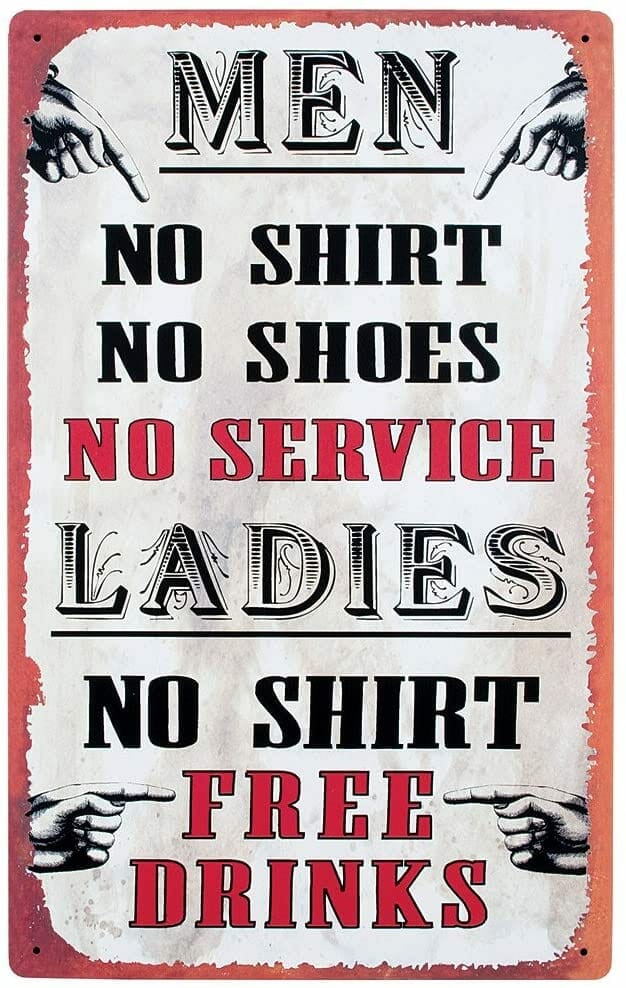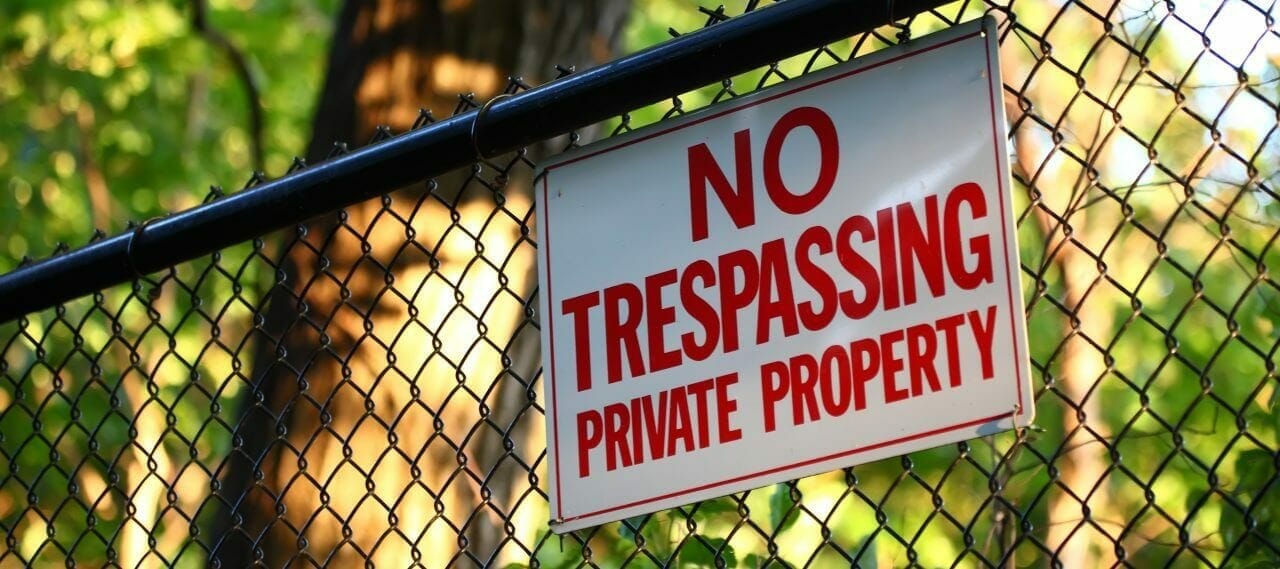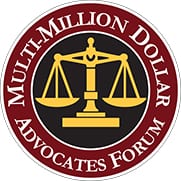Trespassing is a legal term used to refer to entering or staying on someone else’s property without permission. Illegally entering private property or staying there after being asked to leave can get you arrested.
That’s what happened to Kelly Sills, a Baton Rouge resident, during his five-day trip to Florida with his family. Sills was arrested at a Disney resort in Florida after refusing to leave.
WHY DID THE MAN GET ARRESTED AT DISNEY WORLD?
Due to heightened safety precautions to prevent the spread of COVID-19, all visitors entering Disney World are required to have their temperatures checked. However, Sills skipped the mandatory temperature screening and entered the property.

Image Source: insider.com
When confronted by security, he was asked to leave the private property. Sills reportedly yelled and refused to leave by arguing that he paid $15,000 for his vacation.
Deputies warned the man that he would be arrested for trespassing and handcuffed him. The Sheriff’s Office released body-camera footage of the incident. The man pleaded “not guilty” to the criminal charge of trespassing.
WHEN CAN YOU BE ARRESTED FOR TRESPASSING ON PRIVATE PROPERTY?
Owners of private property have the right to prevent other people from entering or staying on their premises without permission. In fact, even if you entered the property lawfully but were then asked to leave the premises, failure to comply would be considered trespassing.

Image Source: amazon.com
In other words, you can be arrested and charged with trespassing for entering or staying on someone else’s private property without permission (or when the permission to stay has been revoked). This is why private businesses can ask someone to leave for not wearing a mask or having their temperature checked even if local laws do not require mask-wearing or temperature checks. This is little different than businesses announcing, “NO SHIRT, NO SHOES, NO SERVICE.”
Note: Trespassing can occur on both public and private property.
WHAT IS CONSIDERED TRESPASS?
While you can be charged with criminal trespass, you may not be convicted of trespassing if the prosecution cannot prove specific elements in your case.

Image Source: findlaw.com
Those elements vary from state to state. In California, for example, the elements that the prosecution must prove to convict a defendant of criminal trespass are:
- Willfulness. You willfully entered or stayed on someone else’s property without their permission.
- Intent. You had the intent to interfere with the property owner’s rights.
- Interference. You interfered with the owner’s property rights (e.g., by damaging the property).
Some states also require a warning or notice to be on the property before a defendant can be convicted of criminal trespass.
WHAT TO DO IF I WAS ARRESTED FOR TRESPASSING?
If you have been arrested for trespassing, follow these steps to protect your legal rights and avoid facing additional criminal charges:
- Don’t resist arrest, assault the arresting officers, or attempt to evade arrest. Doing any of that can get you in more trouble. You could face additional criminal charges and make it more difficult to reduce or dismiss the trespassing charge.
- Remain silent. When you are arrested for trespassing and the officers read your rights, make sure that you exercise your right to remain silent. Do not answer any questions before you talk to your lawyer.
- Contact your criminal defense lawyer. As soon as possible, you should reach out to a criminal defense lawyer to discuss your situation and build a defense strategy.
What do you think? Should private property owners, such as businesses, be able to call the police to have anyone removed for trespass?










In Colorado, the law states that you are trespassing on private property, in this case, an apartment complex by parking your vehicle with no parking permit and sleeping in that vehicle over night and you are not a resident. It’s classified as either a Class 2 or Class 3 Misdemeanor, which means jail time and a $750.00 Fine. OK, so why aren’t the city police arresting this trespasser? The vehicle has no license plates, which means no registration and no insurance. Well, the vehicle isn’t on public streets. OK I get that, but he is still trespassing, which is a Criminal Offense, which therefore gives the police the right to arrest this person. I notified and met with the apartment management and they served him a Vacate the Premises notice which must be complied with by Monday April 24, 2023. They gave him the notice today April 20th. The management would have had the car towed, but because of the new Colorado law, as of March 2023, the tow truck company can only collect $60.00 and they, the tow truck company, told me they don’t want to deal with a vehicle with no plates or registration. So how come the police are not arresting this guy or at least making him leave the property?